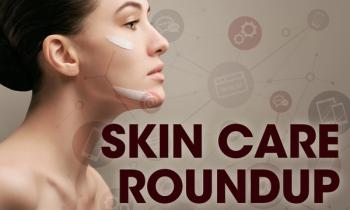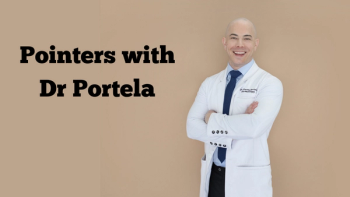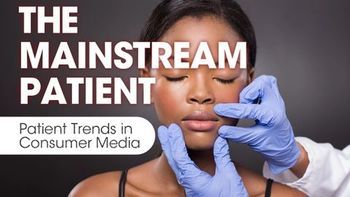
Self-care for the modern age
Mindfulness and relaxation are key for heading off burnout and exhaustion.
Stress is insidious. It creeps in when we aren’t careful, wreaking havoc physically, emotionally, on our relationships, and our careers.
While there are many stressful careers, working in healthcare can cause a particularly high level of stress.
Changing the role of clinicians to make the job less stressful isn’t likely, but caregivers can fight the impact of stress through wellness care and relaxation, says Jeffrey I. Gold, PhD, director of the Pediatric Pain Management Clinic at Children's Hospital Los Angeles and professor of Anesthesiology, Pediatrics, and Psychiatry & Behavioral Sciences at the Keck School of Medicine at the University of Southern California. He also serves as director of the Pediatric Pain Management Clinic at Children's Hospital Los Angeles, director of Children’s Outcomes, Research, and Evaluation (C.O.R.E.) Program in the Department Anesthesiology Critical Care Medicine, director of the CHLA Pediatric Acupuncture Program, and co-director of research at the USC Center for Integrative Health.
Dr. Gold shares some advice on managing stress and practicing mindfulness.
Breathe
It’s simple, effective, and often forgotten, but intentional breathing has huge benefits in reducing stress and promoting relaxation, Gold says.
“This is being very intentional about taking a deep breath in through your nose and out through your mouth,” explains Gold, noting that diaphragmatic breathing is at the base of many relaxation therapies. Even the busiest clinicians can find a time and place to incorporate this, maybe even setting an alarm on a cell phone as a reminder.
“If you grab a cluster of healthcare providers, you’ll find they’re all shallow breathers,” Gold says. “I really think if you can get people to intentionally focus on a deep, cleansing breath or three in the moment or on the hour, it’s a really great practice.”
Use your smartphone for something better
While digital media has been blamed for increasing stress, it can also help wash it away.
Shake it off
Movement is so important for both physical and mental health, Gold says. It’s important to get away from the routine of our day, even if just for a few minutes in a new environment. Unplug, take a walk, sit outside your office to each lunch, get off the unit for a little while, Gold suggests. The exercise and the time away will make a big difference in your day.
Know your triggers
Some people know what sets them off. They may have triggers-like waiting in lines, slow walkers, loud chewers. Knowing these triggers and having a plan in place for what to do when you encounter them is a huge step toward reducing stress, Gold says.
Train your body and mind
No matter what tool you use for stress and relaxation, the key is to train your body and mind to make it a habit, Gold says. Make self-care and wellness a part of your routine. Remembering the analogy of placing your own oxygen mask on in a plane before someone else’s, Gold says it rings true in so many ways.
“Self-care is critical to patient care. The more we get around the idea of wellness, the better,” Gold says. “Prime yourself. Plan breathing breaks. It takes practice, though. The more you do it, the more effective you become.”
Regular practice in mindfulness and relaxation can help you personally and professionally, he adds.
“Taking that moment gives you better focus, and makes you less scattered. You can provide better patient care,” Gold says. “Every time you scrub, do deep breathing. Identify a place where you have a letdown moment between patients. In the real world of mindfulness practice and relaxation, it’s finding that quiet calm place even in the middle of the job and I think people just don’t do that.”
Bring in outside help
Sometimes, stress gets so out of control, or we aren’t good at managing it ourselves, and we need help, Gold adds. Mindfulness training can help and is offered through classes and workshops. Therapy or medication treatment should also be considered when stress or anxiety is routinely interfering with our sleep, mood, appetite, and daily activities Gold points out. There is still a stigma about medication and mental health, but Gold explains that this is self-care, too.
“We should be giving ourselves and colleagues permission to take care of our/their mental health,” Gold says. “The more we talk about it, potentially the less stigma is going to be associated with it.”
Newsletter
Like what you’re reading? Subscribe to Dermatology Times for weekly updates on therapies, innovations, and real-world practice tips.










